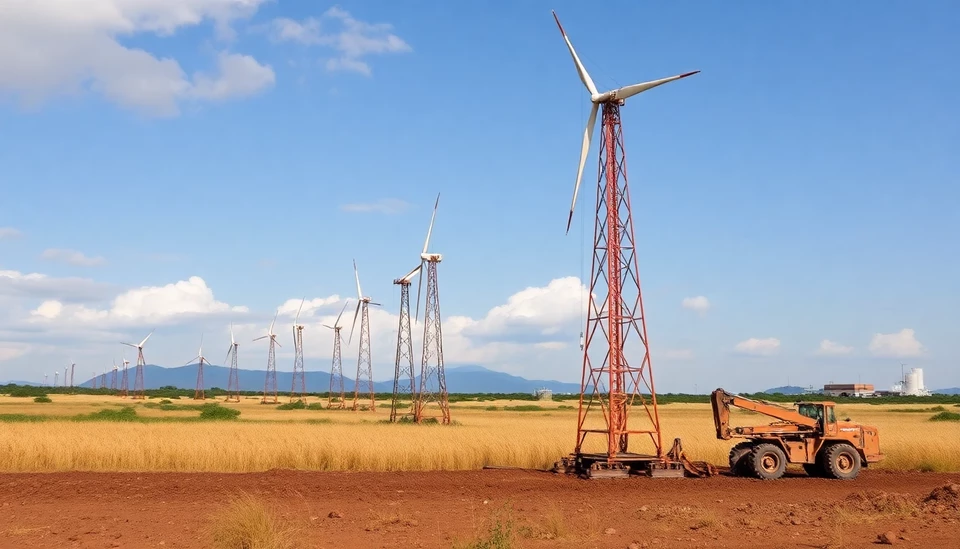
Brazilian officials have expressed significant concerns regarding the potential impact of U.S. tariffs on their ongoing efforts to combat climate change. In a recent statement, Brazil's Minister of Environment emphasized that the import duties imposed by the United States could not only undermine their environmental initiatives but also jeopardize global efforts in sustainability.
During a press conference, the Minister elaborated on how the tariffs could create economic strain on Brazil’s capacity to implement and finance projects aimed at preserving the Amazon rainforest, a critical asset in the fight against climate change. These tariffs have been described as “damaging” not only to Brazil but also to international community goals aimed at reducing carbon emissions and advancing green technology.
The U.S. has placed tariffs on certain Brazilian goods, which has ignited fears among Brazilian officials that such actions could lead to reduced investments in environmentally friendly alternatives. This move has sparked a dialogue about the interconnectedness of global trade policies and environmental sustainability, with Brazil calling for cooperation rather than punitive measures that could derail combined climate objectives.
Brazil stands as one of the most biodiverse countries in the world, and the Amazon rainforest plays a crucial role in sequestering carbon and maintaining the global climate balance. However, increased tariffs could fuel economic challenges that might lead to a regression in environmental protections and deforestation efforts, according to experts who warn that such outcomes would be counterproductive.
In response to these developments, the Brazilian government has voiced its intent to engage with U.S. officials to find a resolution that fosters cooperation rather than conflict over climate-related issues. They are advocating for a multilateral approach to address climate change, one that does not alienate developing nations and recognizes the importance of their roles in global sustainability efforts.
Brazil's government has pledged to continue pursuing policies that prioritize environmental protection, but they are calling on larger economies, particularly the U.S., to reconsider their strategies to avoid exacerbating existing issues. The situation underscores how intricate and interconnected international economic policies are in addressing the overarching challenge of climate change.
As the world continues to grapple with the repercussions of climate change, Brazil's call to action serves as a reminder of the importance of solidarity and collaborative efforts to ensure a sustainable future. It emphasizes the need for nations to find common ground in their economic and environmental policies, making it clear that environmental issues know no borders.
#Brazil #ClimateChange #USTariffs #AmazonRainforest #Sustainability #GlobalTrade #EnvironmentalProtection #GreenEconomy
Author: Sophie Bennett




